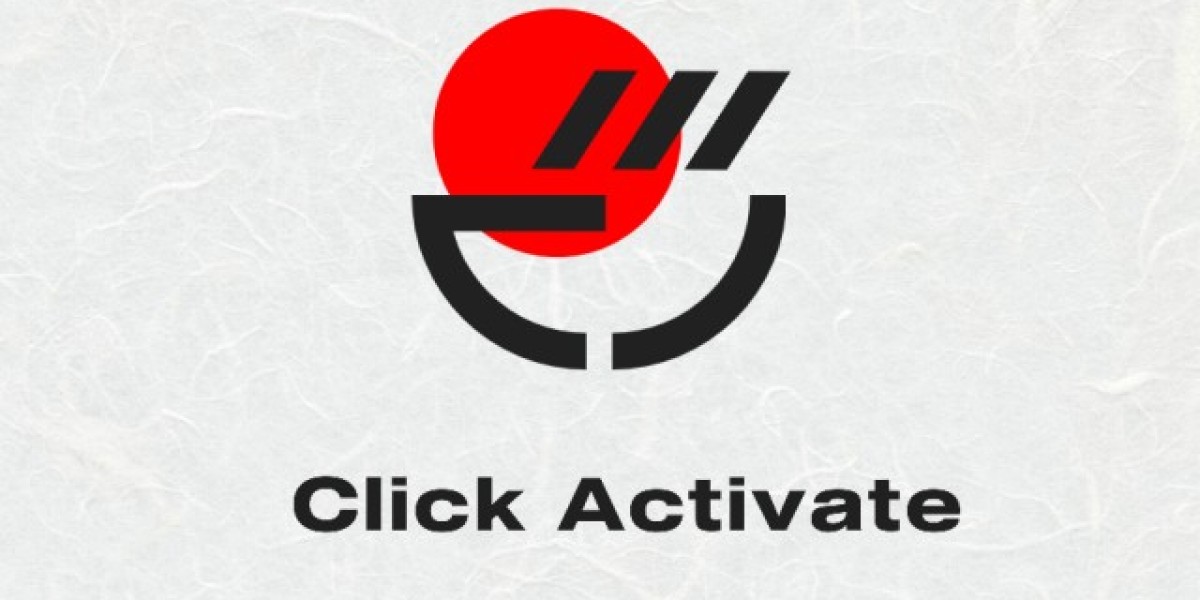In today's digital age, online advertising has become a cornerstone of marketing strategies for businesses of all sizes. Google Ads, formerly known as Google AdWords, is one of the most powerful tools in a marketer's arsenal for reaching a targeted audience. However, running successful Google Ads campaigns requires more than just creating ads and setting a budget. To maximize your return on investment (ROI) and achieve your advertising goals, you need effective Google Ads management services. In this blog, we'll explore ten essential tips for managing Google Ads campaigns effectively.
Comprehensive Keyword Research:
Keyword research is the foundation of any successful Google Ads campaign. Start by identifying relevant keywords and phrases that potential customers might use to search for your products or services. Utilize keyword research tools, such as Google's Keyword Planner, to discover high-volume and low-competition keywords. Continuously update and refine your keyword list to stay ahead of the competition.
Targeted Ad Copy:
Craft compelling and relevant ad copy that speaks directly to your target audience. Your ad should clearly communicate the value proposition of your products or services. Use action-oriented language, such as "buy now" or "get started," to encourage clicks. A well-structured ad with a strong call to action can significantly improve your click-through rate (CTR).
Landing Page Optimization:
Once users click on your ad, they should be directed to a landing page that seamlessly continues the message from the ad and provides a user-friendly experience. Ensure that your landing page is optimized for conversion by removing distractions, improving load times, and making the call to action prominent.
Ad Extensions:
Google Ads offers various ad extensions that can enhance your ads and provide additional information to users. Utilize extensions like site links, callouts, and structured snippet extensions to highlight unique selling points, promotions, and contact information. These extensions not only improve ad visibility but also encourage interaction.
Ad Scheduling:
Not all hours of the day or days of the week are equal when it comes to user engagement and conversion rates. Use ad scheduling to target your audience during peak times when they are most likely to convert. Analyze your campaign data to determine the optimal schedule for your ads.
Geographic Targeting:
Geo-targeting allows you to display your ads to users in specific geographic locations. This feature is invaluable for businesses that serve a local or regional market. Customize your campaign settings to target users in areas where your products or services are most relevant.
Quality Score Management:
Google uses a Quality Score to determine the ranking and cost-per-click (CPC) of your ads. To improve your Quality Score, focus on relevant keywords, high-quality ad copy, and a positive user experience on your landing pages. A higher Quality Score can result in lower CPC and better ad placements.
Regular Monitoring and Optimization:
Successful Google Ads management is an ongoing process. Regularly monitor the performance of your campaigns, ad groups, and keywords. Identify underperforming elements and make data-driven optimizations. Adjust bids, refine ad copy, and pause or reallocate budgets as needed to maximize ROI.
A/B Testing:
Testing is essential for optimizing your Google Ads campaigns. Conduct A/B tests to compare different ad variations, landing pages, and targeting options. Analyze the results to identify what works best and implement these findings to improve your overall campaign performance.
Conversion Tracking and Analytics:
Implement conversion tracking to measure the success of your campaigns. Track important actions such as form submissions, purchases, or phone calls generated by your ads. Google Analytics can provide valuable insights into user behavior, helping you make informed decisions to enhance your Google Ads strategy.
Conclusion:
Effective Google Ads management services require careful planning, continuous monitoring, and strategic optimization. By following these ten essential tips, you can increase the effectiveness of your Google Ads campaigns and achieve better results. Remember that successful Google Ads management is not a one-time task but an ongoing effort to stay competitive and deliver a strong ROI for your advertising budget.



